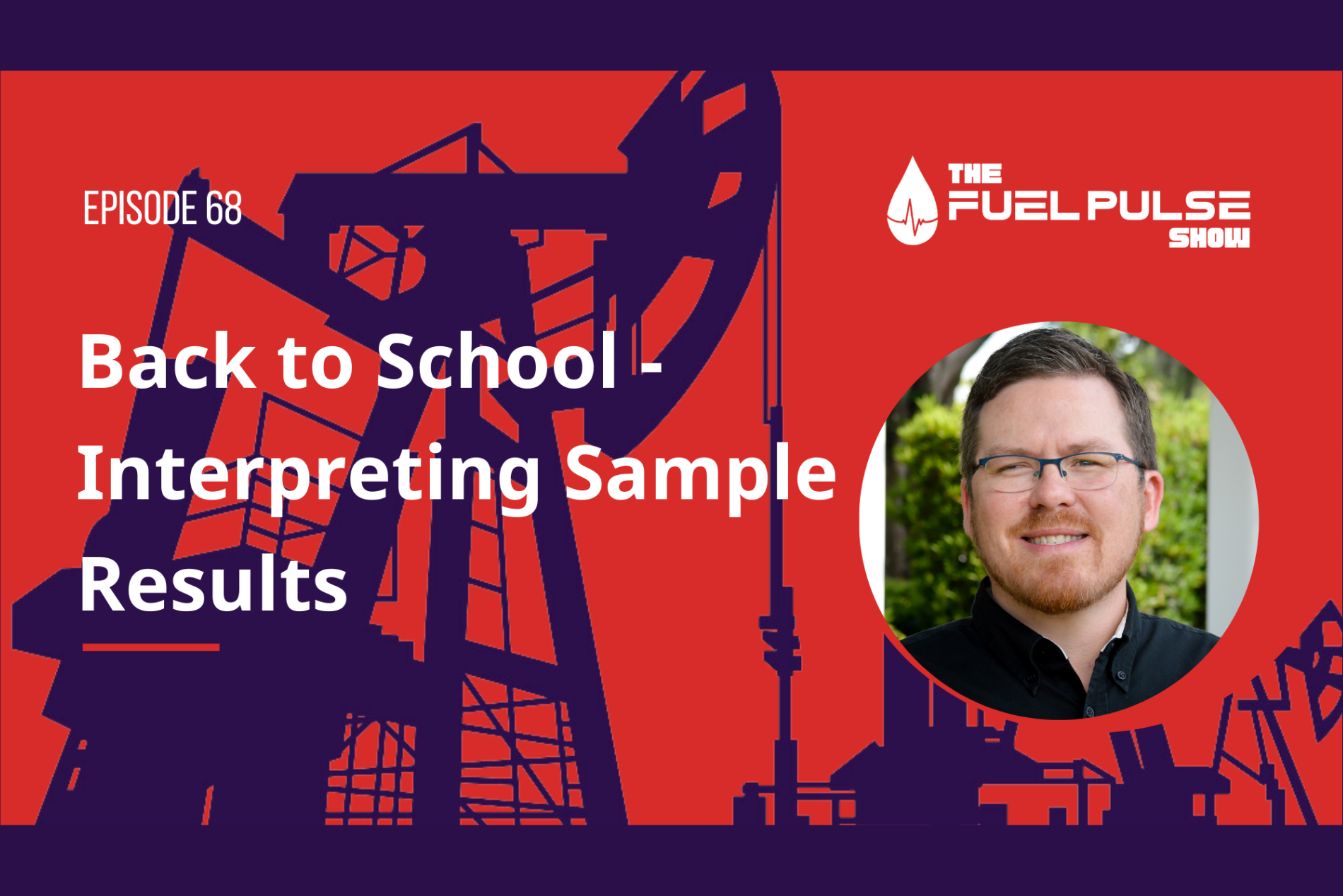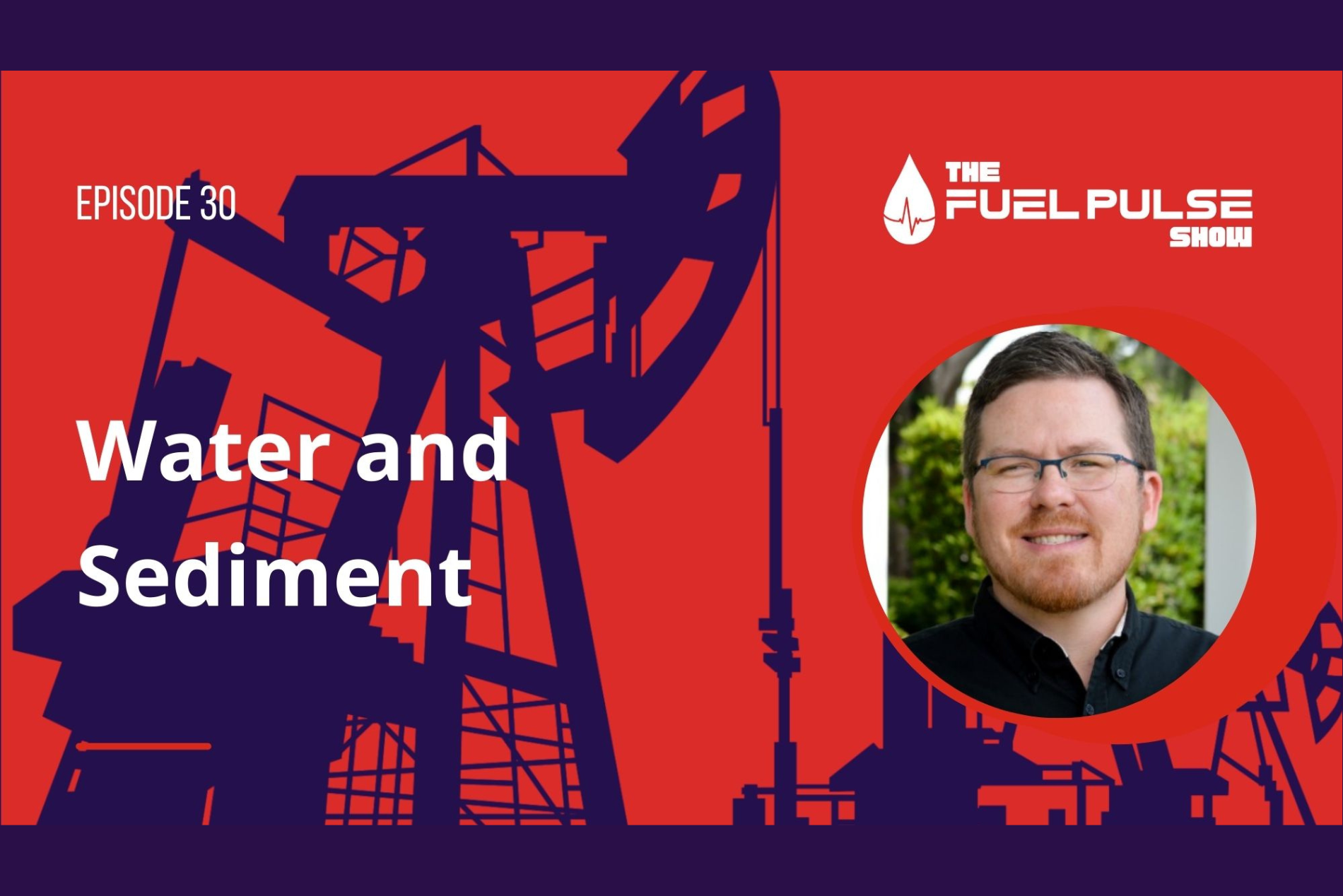Episode 067 - Back to School - Fuel Sampling Part 2
This episode explores proper fuel sampling techniques and locations for different types of fuel testing. Erik Bjornstad explains how contaminants...
1 min read
Erik Bjornstad : Dec 11, 2024 6:00:00 AM

This episode of Fuel Pulse Show focuses on interpreting fuel test results, particularly for stored fuel samples. Host Erik Bjornstad guides listeners through various testing methods, including both ASTM D975 standard tests and predictive tests.The episode covers critical measurements like distillation temperatures, API gravity, cloud point, flashpoint, and cetane index, while also addressing water content and microbial testing. Practical solutions for addressing failing test results are provided, making this a comprehensive guide for fuel maintenance professionals.
Here are three notable quotes from the podcast episode:
"Many of these options are ASTM tests, like those listed in the slate known as D 975. If it passes all the different D 975 tests, there's no reason that the fuel won't work properly if you use it."
"Microbial testing is also predictive because if you have elevated microbial counts and you don't do anything, there's a very strong probability that they're going to cause problems in your fuel at some point in the future."
"It's also not uncommon to have multiples of these tests coming back failing at the same time because of common factors that affect multiples of them at the same time."
[00:00:00] - Introduction to episode and Back to School series
[00:01:00] - Discussion of different fuel test types and D975 specifications
[00:02:00] - Introduction to distillation test requirements
[00:03:00] - Explanation of API gravity testing and implications
[00:04:00] - Discussion of cloud point and cold filter plug point temperatures
[00:05:00] - Coverage of flashpoint specifications
[00:06:00] - Explanation of cetane index and its requirements
[00:07:00] - Details on total particulate testing
[00:08:00] - Introduction to water testing methods
[00:09:00] - Coverage of stability testing procedures
[00:10:00] - Discussion of microbial testing importance
[00:11:00] - Solutions for various test failures
[00:12:00] - Addressing multiple failing test scenarios
[00:13:00] - Closing remarks and call to action

This episode explores proper fuel sampling techniques and locations for different types of fuel testing. Erik Bjornstad explains how contaminants...

In this episode of the Fuel Pulse Show, host Erik Bjornstad delves into the basics of long-term diesel fuel storage. He explains that diesel fuel...

Today we are continuing our exploration of fuel testing, focusing specifically on water and sediment analysis. Annual fuel testing is crucial to...